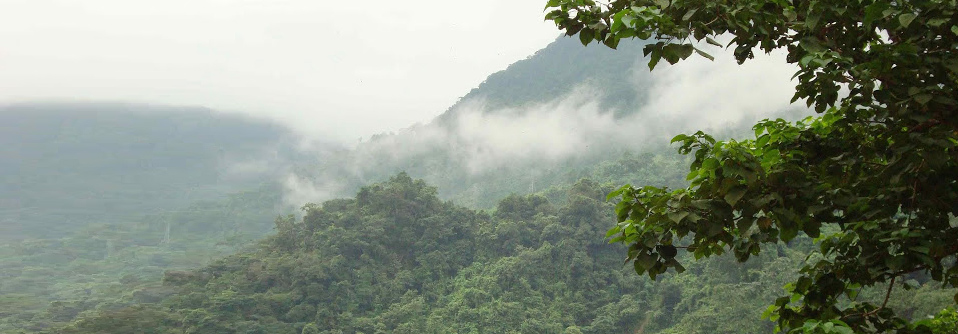Thomas Jones: The First Welsh Missionary among the Khasis

India has been part of the psyche of the Welsh since the eighteenth century. Since the days of the hymn writer William Williams Pantycelyn we have been singing of ‘the large India’, and this in the 1830s proved an inevitable call to young men in Liverpool and Wales who responded to the proclamation of the gospel in India.
The London Missionary Society reluctantly refused to support their applications, but the most stubborn of them all was Thomas Jones (1810–1849) who belonged to Berriew in Montgomeryshire and the Liverpool Welsh. He refused to budge. With the support of a nucleus of Liverpool Welsh Calvinistic Methodists they formed their own Foreign Mission in 1840 and by the end of that year Thomas and his wife Anne Jones were on their way to the Khasi Hills in Assam. By 22 June 1841 they had arrived in Cherrapunji. To Thomas Jones goes the credit for many firsts in the Khasi Hills. He began the building of an everlasting edifice of modern Khasi society through his linguistic skills, his stamina and determination. Suffering from prejudice and his own intemperate spirit his final years were spent under a cloud. His death from malaria at the early age of thirty-eight in Calcutta however was a devastating loss to the Welsh Calvinistic Methodist missionary work on the Khasi Hills.
£3.00
or to access all content on this site, join today

For £35 a year you can access all lectures and articles on this site, attend lectures and receive our yearly Transactions
Filter by Volume
Filter by Subject
- 16th Century
- 18th century
- 19th century
- 20th century
- Abertillery
- Acts of Union
- Archaeology
- Architecture
- Arts
- Autobiography
- Bible
- bilingualism
- Biography
- Burma
- Business
- Cardiff
- chemistry
- Climate change
- constitutional
- contemporary
- Cycling
- Cymmrodorion Society
- David History
- David Jones
- Development Bank of Wales
- Devolution
- Dylan Thomas
- ecology
- Economics
- Education
- Edward Lhuyd
- eighteenth century
- Environment
- Film
- Folk Song
- Geology
- health
- Heritage
- Higher Education
- Historiography
- History
- History of Art
- History of Medicine
- History of music
- History of the Book
- history; History
- Horticulture
- Industrial History
- Intellectual History
- Iolo Morganwg
- Islam
- Jews
- John Nash
- journalism
- Language
- Law
- Law constitutional
- Legal History
- Legal Law
- Literary History
- Literature
- Liverpool
- Lloyd George
- London Welsh
- Male voice choirs
- Manuscripts
- Media
- medieva
- medieval
- Medieval History
- Medieval Literature
- medieval Poetry
- Military History
- Museums
- Music
- Myth
- Owain Glyndŵr
- Peter Warlock
- Philadelphia
- Poetry
- political
- Political History
- Politics
- prose fiction
- Railways
- Religion
- Religious History
- Science
- sixteenth century
- social
- Social History
- Sport
- Suffragette movement
- Swansea
- Tourism
- travel
- Tudors
- twentieth century
- Urban History
- Vikings
- Waldo Williams
- Wales
- war
- wellbeing
- Welsh Development
- Welsh development and investment
- Welsh Language
- welsh society
- Welsh writing in English
- Welsh; History
- Wild Wales
- women's history
- WW1
- WW2

